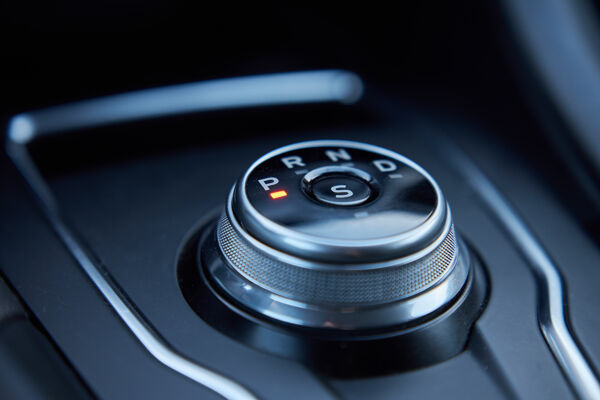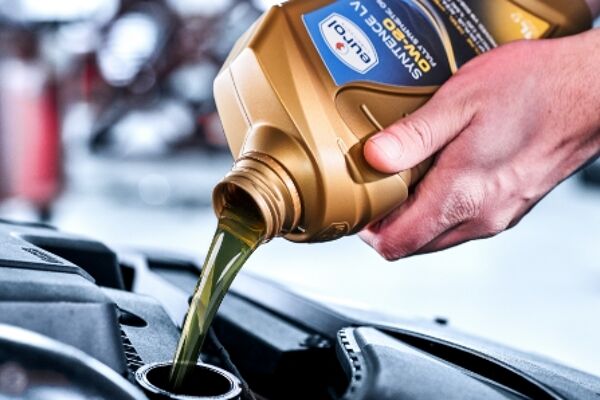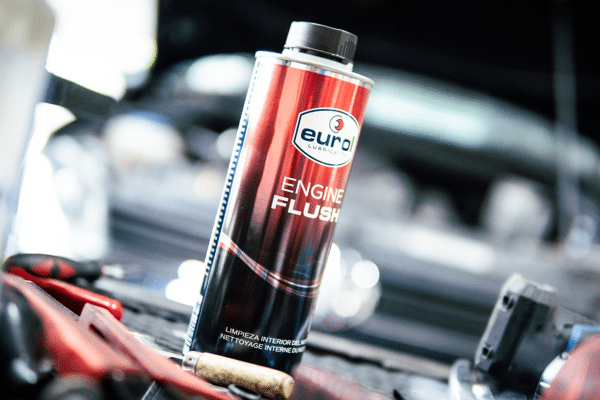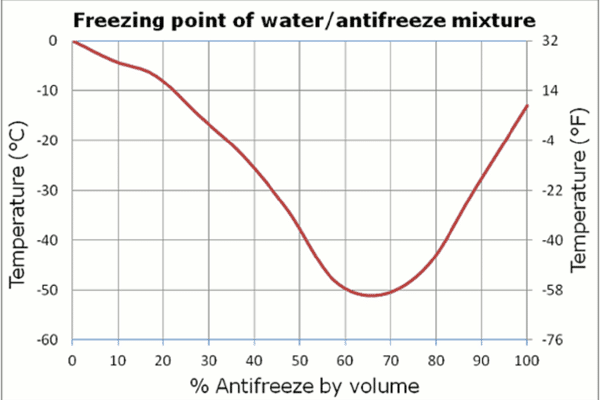
Eurol additive offers taxi company a smooth soluti...
A taxi company, with an extensive fleet of vehicles equipped with automatic transmissions, is experiencing increasing complaints about the shifting behavior of some of thei...
November 23, 2021

European emission requirements. As of July next year, testing stations must check the functioning of the particulate filter during the MOT for diesel passenger cars. The tightening of checks on particulate filters is a measure from the ‘Schone Lucht Akkoord’ (Dutch Clean Air Agreement). It is therefore all the more important to ensure your particulate filter is in good condition. We explore this in more detail in this article.
Particulate filters capture more than 95% of the harmful particulate matter. Particles from diesel cars pollute the air and are harmful to health and the environment. The particles contribute to the formation of fine particulate matter in the air. These particles are created by incomplete combustion of the fuel. The quality of the fuel is also an important factor, as is a properly functioning fuel system.
However, the particulates remain in the particulate filter. Over time, the filter ‘fills up’. The engine management system in the car then ensures that the temperature of the exhaust gas is temporarily increased to 600 degrees Celsius. This then removes the particulates still in the filter by burning them. This process is called regeneration. The service life of the particulate filter is highly dependent on correct regeneration. If this does not take place, the particulate filter will eventually become clogged. When the particulate filter becomes too full, the particulate filter indicator will light up. In addition, the engine may generate less power, be restrained, or will be unable to rev up. A particulate filter has a service life of 130,000 to 200,000 kilometres. The better you maintain your car and particulate filter, the longer the particulate filter will last. Here are a few tips:
The new approach to driving encourages driving at low revs, but practice shows that this is not always a good thing. Many motorists drive at a rev limit that is too low, meaning that the engine warms up too slowly and the regeneration process is not started; the particles are not burnt because regeneration does not take place. Over time, the accumulation of particles will cause the particulate filter to clog.
If you drive longer distances, the engine can reach its operating temperature and the regeneration process (the actual burning clean of the particulate filter) can be completed. If this process is continuously interrupted, for example by driving short distances or only urban environments, the particulate filter more quickly becomes clogged.
The effectiveness and particularly the service life of particulate filters in both diesel and gasoline engines are partly determined by the choice of oil. Choosing the right engine oil is equally important. We recommend using 'mid SAPS' or 'low SAPS' engine oil in cars with particulate filters. SAPS stands for Sulphated Ash, Phosphorus, and Sulphur.
We would be happy to provide advice on choosing the right type of oil. Please contact our service desk or use the oil advisor to select the right product.
When having your car serviced, make sure your particulate filter is checked properly. Your local garage can do this with the use of diagnostic equipment. This will reveal how full the particulate filter is and whether it needs to be cleaned.
Use an additive to preventively maintain the particulate filter. European emission requirements. As of July next year, testing stations must check the functioning of the particulate filter during the MOT for diesel passenger cars. The tightening of checks on particulate filters is a measure from the ‘Schone Lucht Akkoord’ (Dutch Clean Air Agreement). It is therefore all the more important to ensure your particulate filter is in good condition. We explore this in more detail in this article.
Particulate filters capture more than 95% of the harmful particulate matter. Particles from diesel cars pollute the air and are harmful to health and the environment. The particles contribute to the formation of fine particulate matter in the air. These particles are created by incomplete combustion of the fuel. The quality of the fuel is also an important factor, as is a properly functioning fuel system.
However, the particulates remain in the particulate filter. Over time, the filter ‘fills up’. The engine management system in the car then ensures that the temperature of the exhaust gas is temporarily increased to 600 degrees Celsius. This then removes the particulates still in the filter by burning them. This process is called regeneration. The service life of the particulate filter is highly dependent on correct regeneration. If this does not take place, the particulate filter will eventually become clogged. When the particulate filter becomes too full, the particulate filter indicator will light up. In addition, the engine may generate less power, be restrained, or will be unable to rev up. A particulate filter has a service life of 130,000 to 200,000 kilometres. The better you maintain your car and particulate filter, the longer the particulate filter will last. Here are a few tips:
Use an additive to preventively maintain the car’s fuel system.
We offer various products for this purpose: Eurol Diesel System Cleaner and a Eurol Diesel Injection Cleaner. Eurol Diesel System Cleaner cleans the entire fuel system and works preventively against corrosion and condensation in the fuel tank. Eurol Diesel Injection Cleaner is a diesel additive to clean and protect diesel injectors.
Our Innovation team continuously work to develop and improve products and technologies. We keep a close eye on market innovations so that we can ensure that our products have the properties needed to ensure optimal performance. was designed to facilitate the regeneration of a diesel particulate filter when the diesel particulate filter has an above average particulates load. Eurol Diesel DPF Cleaner Plus uses a fuel borne catalyst to lower the regeneration temperature from 600°C to 400°C to more easily burn carbon. Preventive and regular use of this additive can prevent particulate filter problems.

A taxi company, with an extensive fleet of vehicles equipped with automatic transmissions, is experiencing increasing complaints about the shifting behavior of some of thei...

It's summer vacation! Are you going on holiday by car? Then we have five handy tips for the fluids to prevent problems with your car.

Using an engine oil flush additive when changing the engine oil is a simple way to prevent and remedy engine contamination. It takes little time and has multiple benefits.

What does a coolant actually do, what are the differences between technologies, and what properties do they have? Why is it no longer possible to make a choice based on the...

A taxi company, with an extensive fleet of vehicles equipped with automatic transmissions, is experiencing increasing complaints about the shifting behavior of some of thei...

It's summer vacation! Are you going on holiday by car? Then we have five handy tips for the fluids to prevent problems with your car.

Using an engine oil flush additive when changing the engine oil is a simple way to prevent and remedy engine contamination. It takes little time and has multiple benefits.

What does a coolant actually do, what are the differences between technologies, and what properties do they have? Why is it no longer possible to make a choice based on the...
